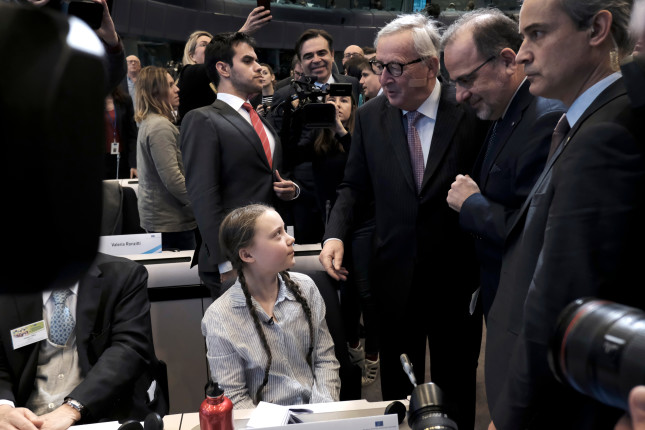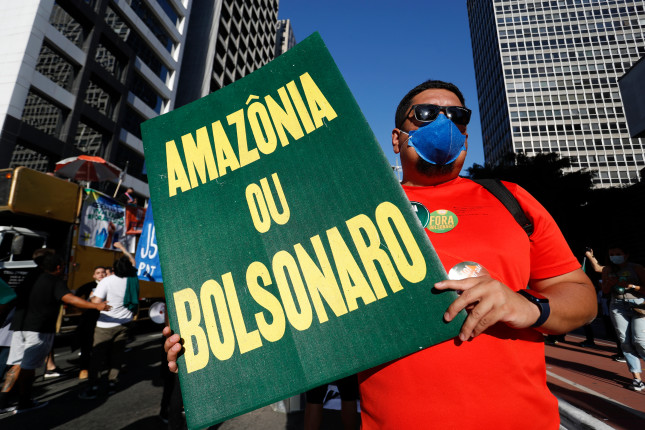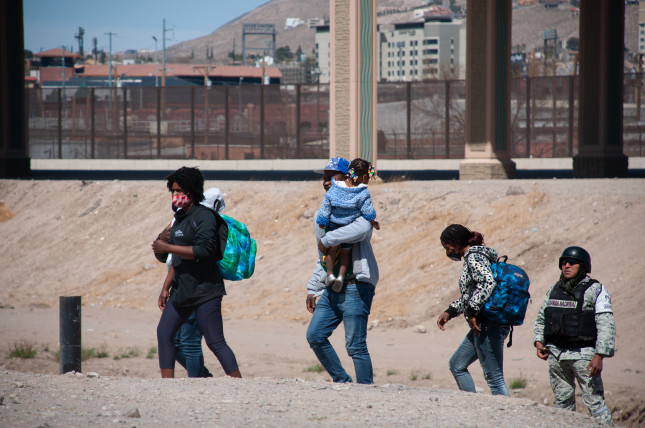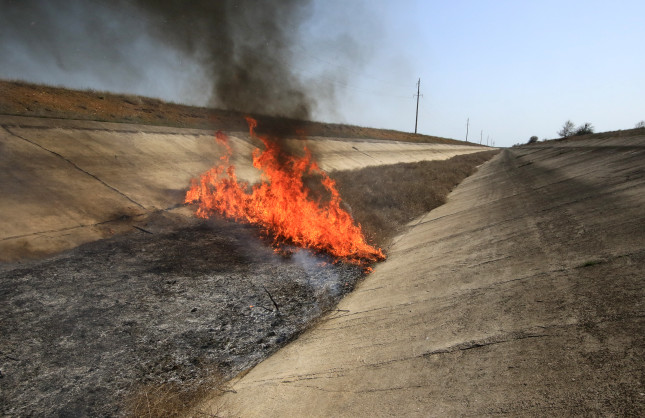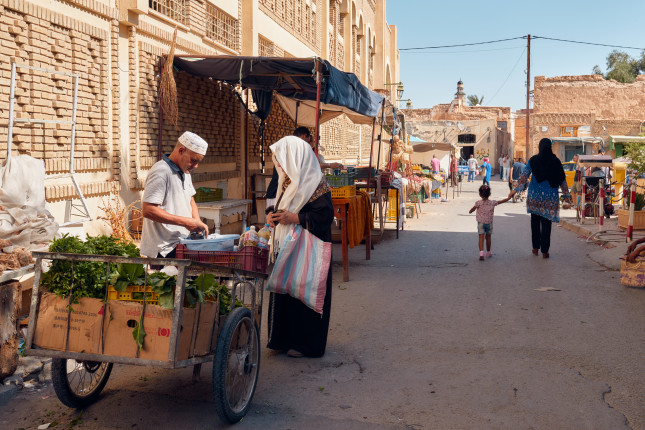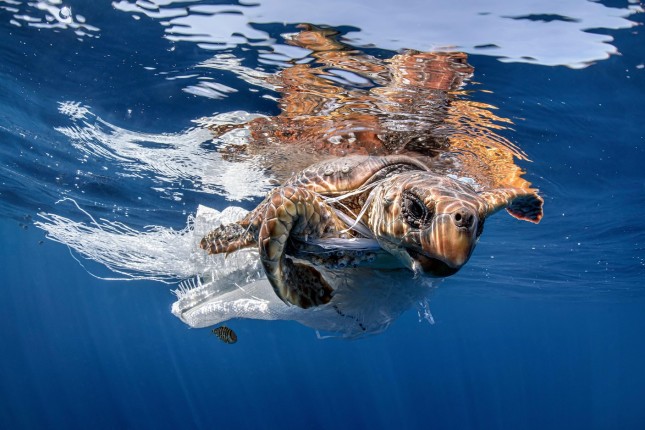-
Raising Momentum for Integrating Respectful Maternity Care in Humanitarian Settings
›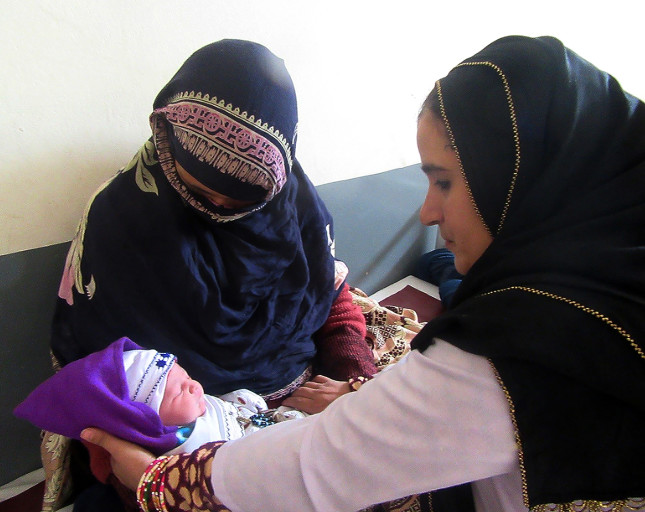
Greater than one third of all women experience mistreatment during facility-based childbirth. Mistreatment, particularly in humanitarian settings, may include verbal or physical abuse, poor patient-provider rapport, a lack of information about maternal and newborn health (MNH) services for both pregnant women and providers, lack of privacy within facilities, challenges with receiving informed consent from women for medical procedures due to language and cultural barriers, and denied or delayed care. Such mistreatment can stem from historical tensions between populations seeking care and health workers (both foreign and local) as well as systemic mistreatment of providers who are burned out and possibly carry their own biases. Evidence shows that some women delay seeking care, or avoid care entirely because of social fears stemming from negative stigma or negative perceptions of their situation.
-
How Women’s Leadership Has Uniquely Shaped the Environmental Movement
›
At first glance Greta Thunberg, a Swedish teenager, seems a very unlikely candidate to become arguably the world’s best known environmental activist. Yet despite her youth and lack of advanced degrees or political authority, she has inspired millions of people to join in the effort to combat climate change. Certainly Thunberg is unique in her global reach, but even a cursory history of women’s environmental leadership reveals countless women operating far outside the bounds of conventional government, yet making a meaningful impact.
-
Does Foreign Climate Shaming Lead to Nationalist Backlash?
› -
Tethering to Human Rights in the Pushes and Pulls of Human Mobility
›“In the movement toward complex solutions, at the heart of it all we’re talking about individuals with their own complex issues as they are moving through different scenarios,” said Shanna McClain, Disasters Program Manager with the National Atmospheric and Space Administration, at last month’s International Conference on Environmental Peacebuilding. The panel discussion, “Resource Implications of Human Mobility and Migration,” focused on what data shows—and doesn’t show—are the complex linkages between climate, conflict, and mobility. Panelists discussed how more integrated programming and policy actions are needed to make migration safe, orderly, and voluntary, and how to keep human rights at the center of the complex processes.
-
Hydropolitics in the Russian – Ukrainian Conflict
›
It’s telling that one of the first actions that Russian forces took in their invasion of Ukraine was to blow up a dam on the North Crimean Canal (NCC), allowing water to flow back into Crimea. The current war being waged by Russia in Ukraine has its origins in fractured and contested political history, but there are also key natural resource security questions which often go overlooked. While there are established debates about the extent to which natural resources contribute to conflict, the current conflagration exemplifies a rare use of water as a means of direct leverage in a military standoff. Regardless of the outcome of the conflict, the tensions between Russia and Ukraine over the NCC illustrate the need to consider the role of natural resources—and access to them—in broader diplomatic efforts.
-
Migrating to Adapt to Climate Change, Tunisians Lose Their Way of Life
›
“After a series of poor harvests, limited rainfall, and an increase in the price of fertilizer, farm work has become unprofitable,” said Lazher, a fellah (agricultural laborer) from Tataouine in the rural south east of Tunisia. The 45-year-old had worked the land for half his life, even dropping out of school early to support his young family. However, when I met Lazher in December 2021, he was making the final arrangements to migrate to Tunisia’s capital, Tunis, in search of better job opportunities. Now, with diminishing local opportunities for agricultural work and few local companies that might hire unemployed laborers, Lazher secured work in one of Tunis’s many dried fruit shops called hamas.
-
UN Meeting Sets Sights on Global Plastics Treaty
›
In Nairobi this month, the world’s governments will discuss the path towards the first global treaty to tackle plastic pollution. But with multiple proposals on the table, the scope and ambition of a potential treaty hangs in the balance.
-
Have Wetlands Will Travel: Migratory Birds Benefit from Habitat Conservation in China
›
As northeast China freezes with the onset of winter, cranes fly south to Poyang Lake, China’s largest freshwater wetland sanctuary, along with hundreds of thousands of migratory wildfowl. For birds that feed on tubers of submerged aquatic plants, such as the critically endangered Siberian Crane, the threatened and declining Swan Goose, and thousands of Tundra Swans, Poyang’s food-rich winter wetlands are key to their survival. However, dams along the Yangtze River and growing floods are disturbing the natural rise and fall of water levels that are needed for Poyang’s aquatic plants to thrive. Poorly regulated and expanding sand dredging in the Yangtze River and Poyang Lake is increasing turbulence in the water, limiting light reaching the aquatic plants that migratory birds rely on.
Showing posts from category Guest Contributor.


